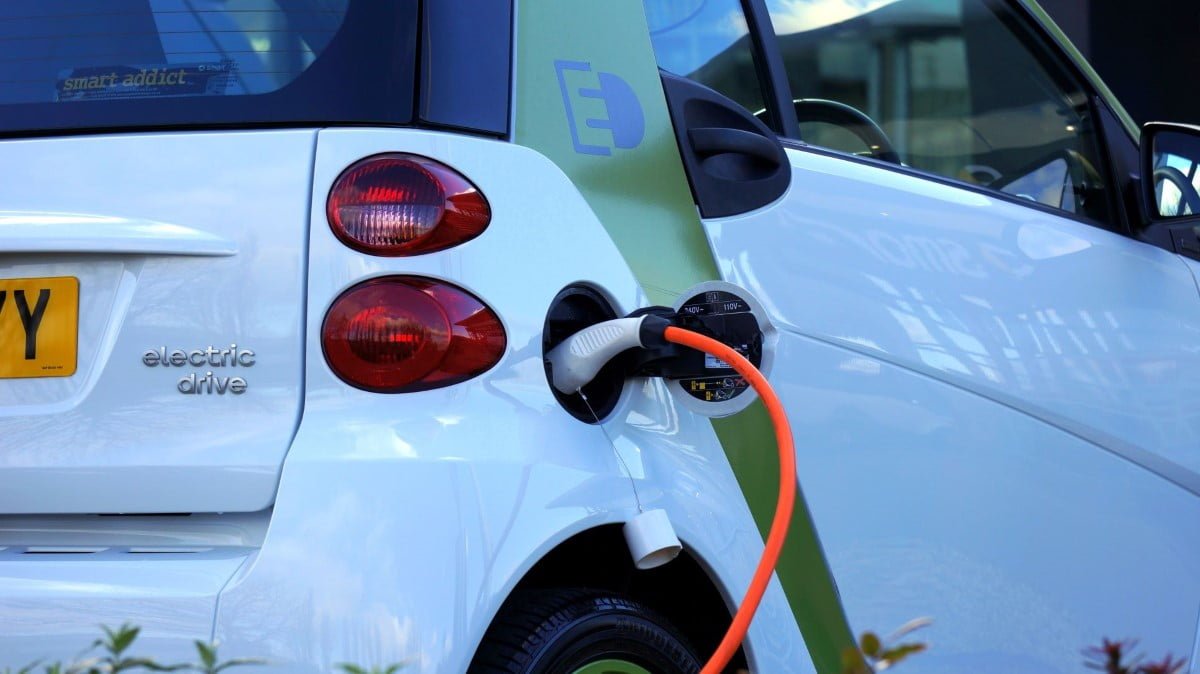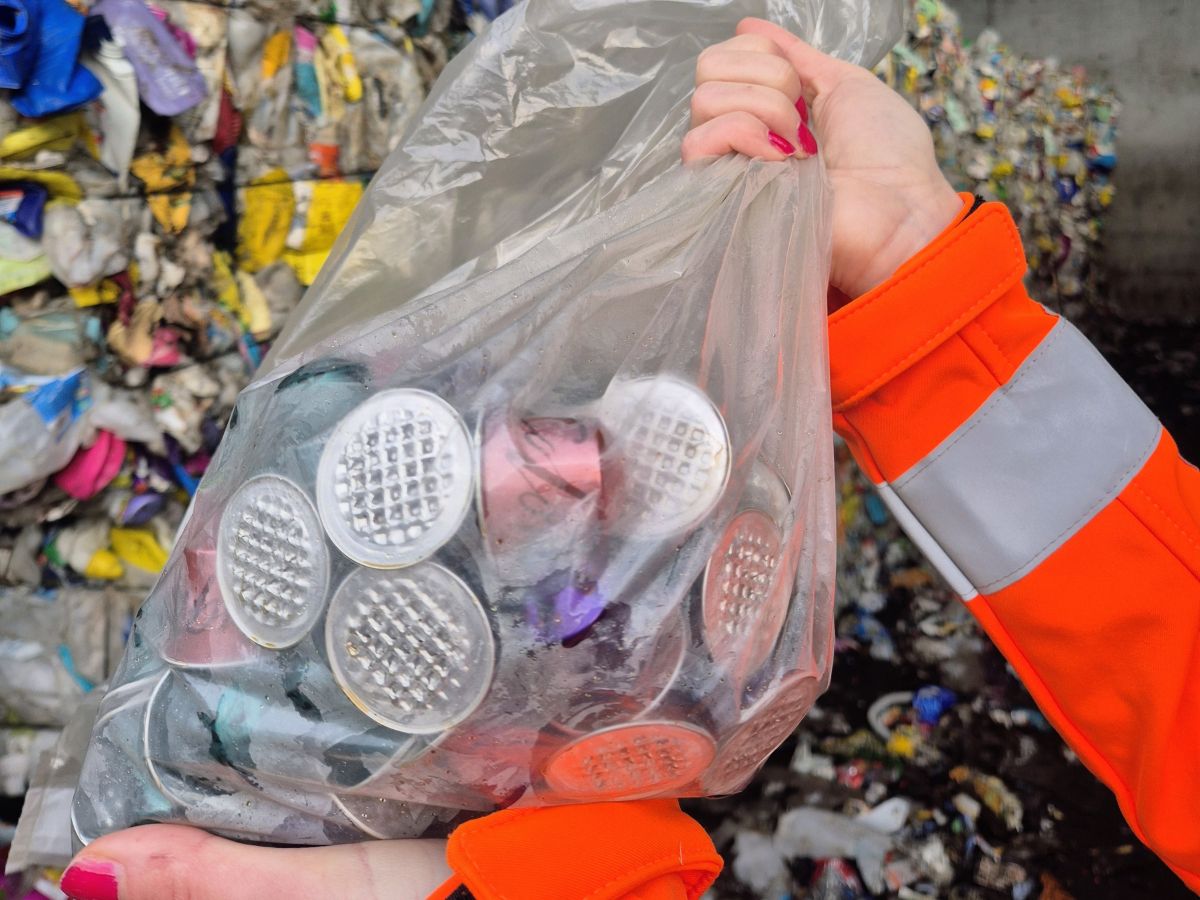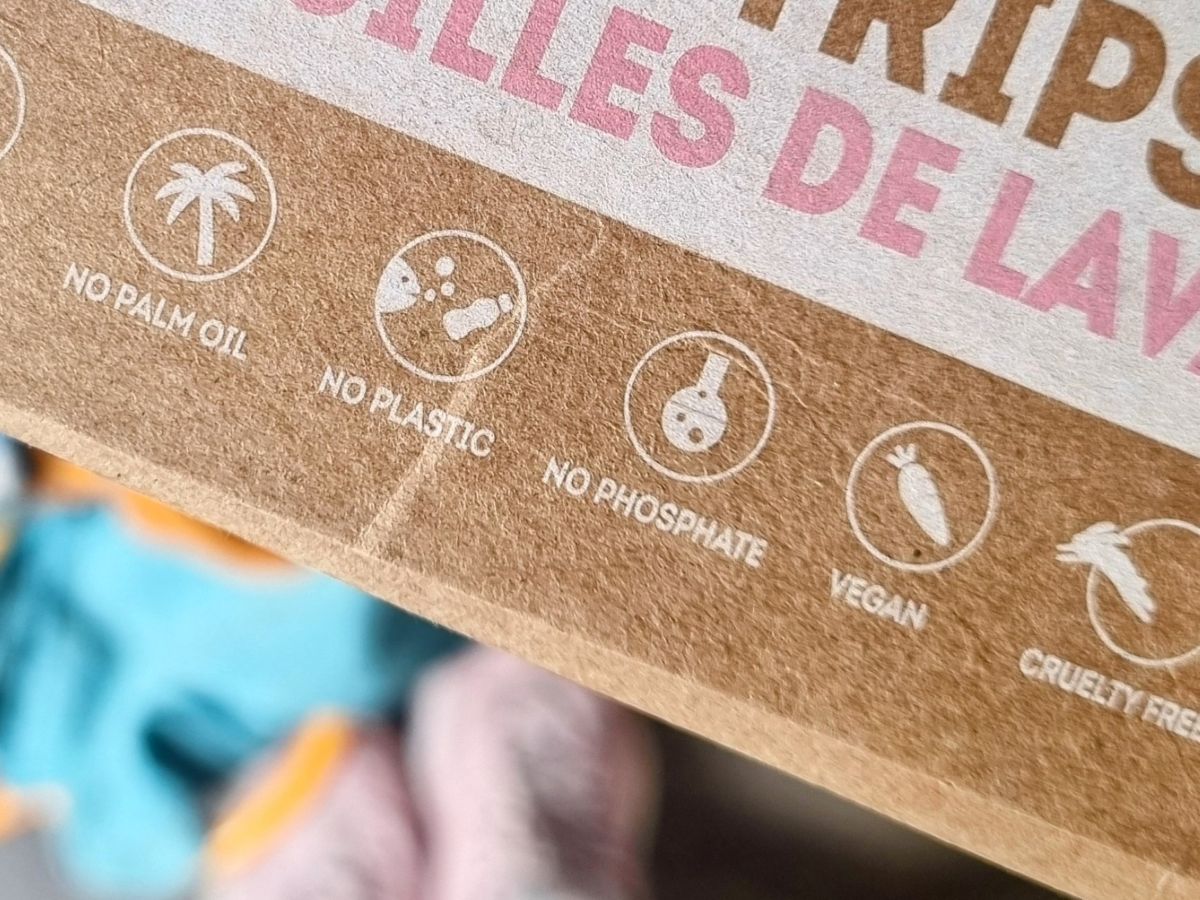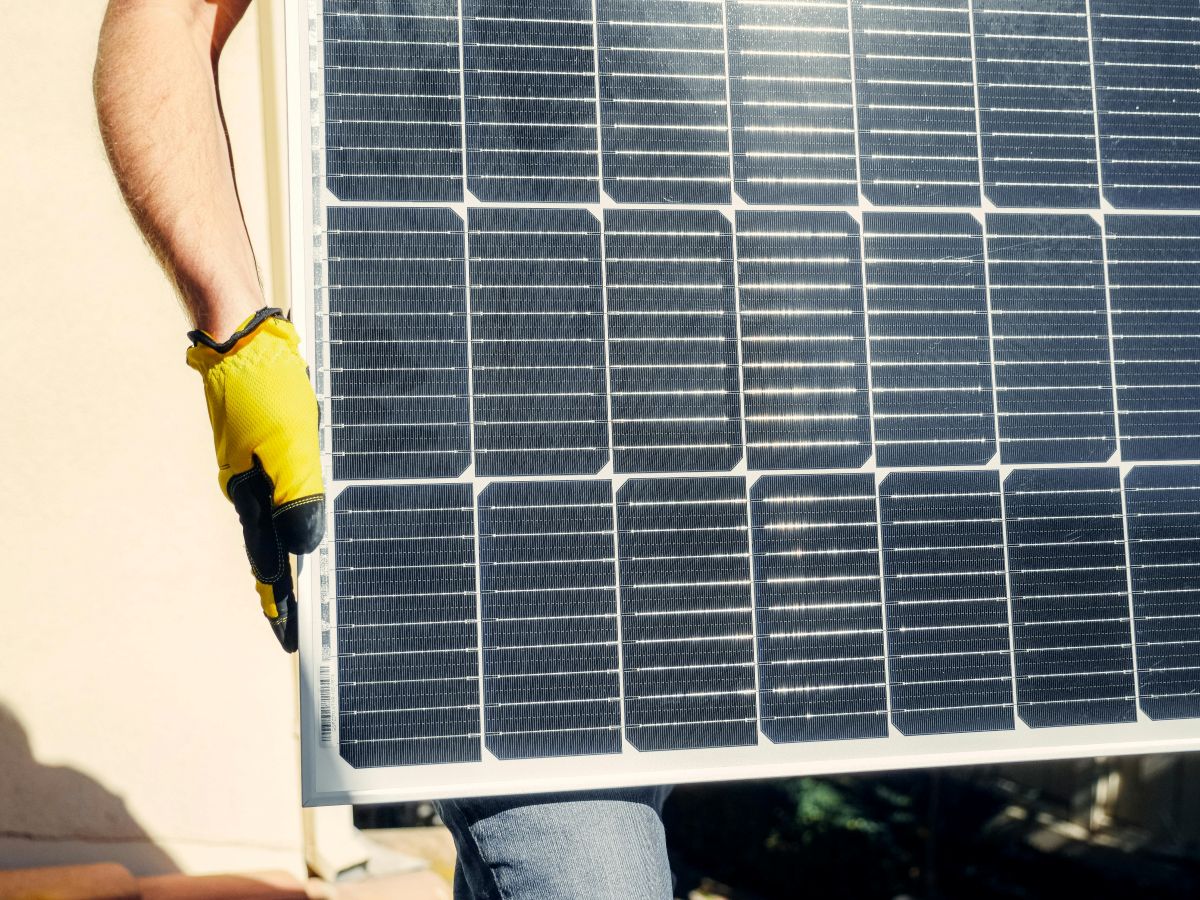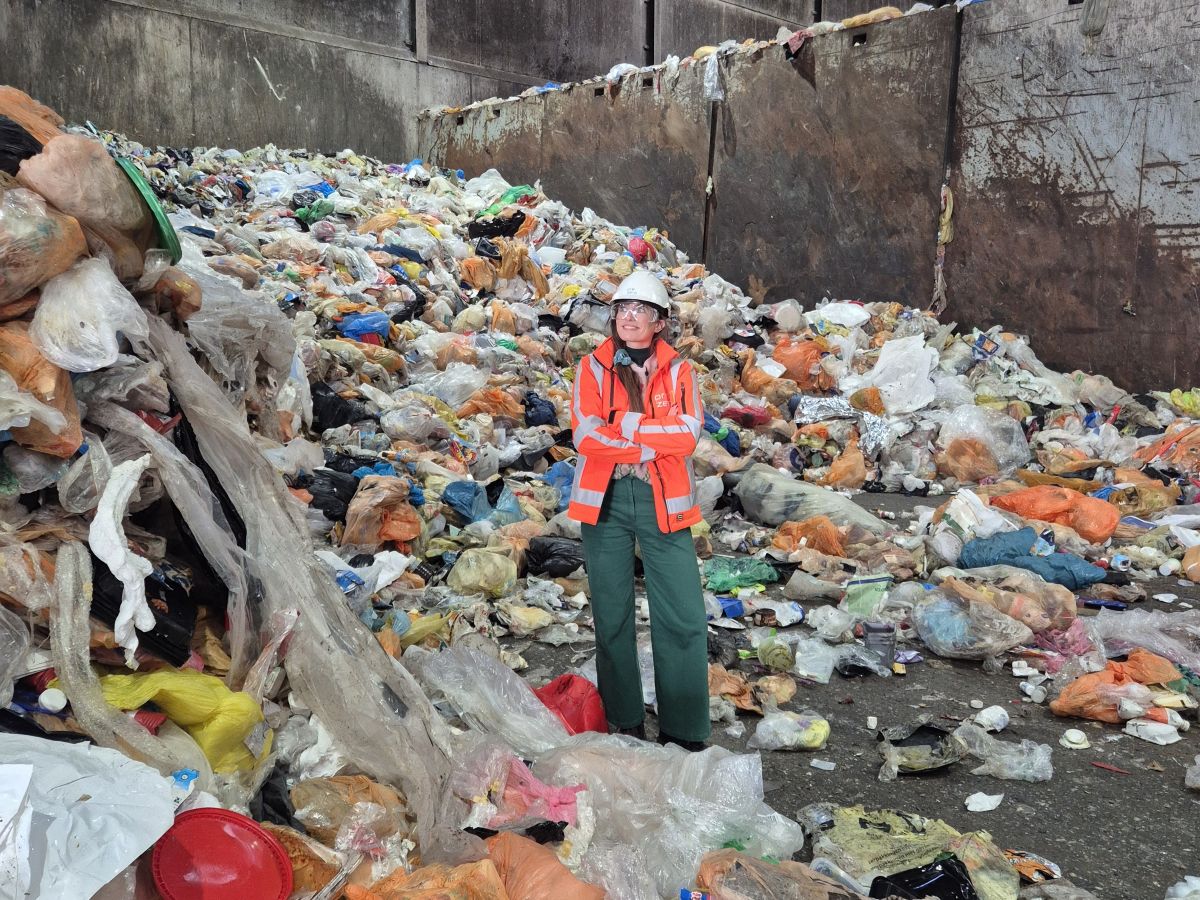You may not think about it very often, but our handy gadgets are made from all kinds of scarce raw materials. Cobalt is such a controversial metal, an essential component for the batteries of our smartphones, laptops, electric cars and e-bikes. Mining it is anything but sustainable and fair. But we also desperately need it to green our transport and electricity grid. What exactly is the situation? I went to talk to Marc van der Meide. As an Industrial Ecologist, he researched the climate impact of the ever-increasing demand for cobalt. Is it sustainable to start driving electric cars en masse?
Whole world electric has a price
Cobalt is a hotly debated topic. There are massive calls for us to drive electric because it is sustainable, but the batteries of electric cars do not go unmentioned either. A world without exhaust fumes from cars and mopeds is the goal, but how sustainable is that really when you consider the extraction of raw materials, such as the much-discussed cobalt, needed to run all these modern vehicles? That's what researcher Marc van der Meide wondered.
Marc studied Industrial Ecology in Leiden and researched the environmental and climate impact of cobalt for his thesis. Rather than being a cobalt expert, he focuses as a researcher on the phenomenon of life cycle assessment. This is a method for numerically assessing the sustainability of a product's entire life cycle (from making the raw materials to processing the waste). Marc: ‘Many companies say they are sustainable, I can show with figures how sustainable something really is.’
What is cobalt and what goes wrong here?
Cobalt is an important metal for batteries. Although this metal can be extracted from the ground in many places around the world, about two-thirds of cobalt comes from Africa, from Congo to be precise, Marc tells me. The reason? ‘In Africa, you have the most cobalt per kilo of earth and labour is cheap here. Mining this metal can be done in Congo at a lower price than in, say, Scandinavia, Russia. Australia or South America where there is also cobalt in the ground, but less large-scale extraction from the earth.’ Cobalt mining is also often controversial because its extraction is is not always free of child labour. So the smartphone or computer you are reading this article with now may not be free of child slavery. Incredibly sad when you think about this.
Cobalt is controversial
‘Cobalt is quite a controversial metal. A legal battle between some Congolese mining victims and big tech companies like Apple, Google, Tesla and Dell. These victims, mostly children injured while mining cobalt, want to see money from these companies.’
Tweakers.net
One electric car, many kilos of cobalt
Despite the controversy surrounding cobalt, Marc asked a completely different question as a researcher while studying Industrial Ecology. He wondered whether the impact of this mining is not greater and more devastating than the benefit it provides (cleaner electricity and traffic). ‘Little has been written about this, while the demand for cobalt is growing rapidly. It takes kilos of it to produce one battery for one electric car. What will be the consequences if soon the entire world population wants to drive such a car? That's what I wondered and prompted my research.’
Environmental damage from our consumerism
If you look at the environmental impact of cobalt mining, you mainly look at the process that comes after mining. To filter the metal from the earth, the ore has to be put into an acid bath. In acid, metal dissolves and can then be separated from the soil. Then, using electricity (electrolysis), the metal can be removed from the solution again. You should not think of manual labour, this is done by huge companies that do this massively by machine. This process creates a lot of waste locally in Africa and there are no proper rules for waste disposal.
Marc: ‘Good waste disposal means more costs. More cost means higher metal prices. As long as the government does not make proper waste disposal mandatory, companies will keep dumping the poison. The acid is therefore stored as residual waste. There are huge mountains of waste in Africa with this toxic acid and it can leak into nature, causing environmental damage. Another reason why mining is becoming less and less sustainable is because the best places to dig are running out. So much more land has to be moved and worked to find the same amount of cobalt, and that causes those mountains of waste to grow even higher. Finally, making cobalt is not very sustainable because a lot of electricity is needed in making the metal, so we need more and more electricity as the quality of the ore goes down. Making that electricity is also often very polluting.’
The long-term impact of our demand for cobalt
‘Although making cobalt is getting more and more impoverished per kilo and we need more and more cobalt to store green energy and electric cars, the conclusion of my research is that, conversely, this greening also makes making cobalt greener. If we continue the greening of making electricity, there could be a lot of environmental gains, including for making cobalt.’
Can we now carefree buy a new smartphone every two years and park an electric car outside our door? If it is up to researcher Marc, no. According to him, we as consumers have as much responsibility as companies and governments. ‘Do you really need a car? In the Netherlands, it is also becoming more normal to have two cars in front of the door. If everyone in the world starts doing that, we will have a big problem. Eventually, raw materials will run out one day. If we want to become more sustainable, we have to start looking differently at our western lifestyle and our stuff: own less, share and reuse more.’ And the companies? ‘They also need to get to work innovating: think of cobalt recycling that needs to get going better and more money towards research to develop batteries that require less scarce metals, Tesla is already doing this, for example.’
See more about Marc's research.

About Marc van der Meide
Marc is a university researcher in life cycle assessment, or LCA, a field that includes numerically mapping the climate impact of a range of products and production processes.
See more sustainable tips from thegreenlist.nl
- Also see: palm oil, it's not so black and white.
- Also see: durable, electric and comfortable: smart #1 will get you somewhere, and how!
- Also see: review Ford Mustang Mach-E: the sporty family car!
- Also see: Is your street already bike-friendly? Take the test!
Photo credits: Mike Bird (Pexels) (main image).

